Introduction: Understanding Sudden Death in Pet Birds
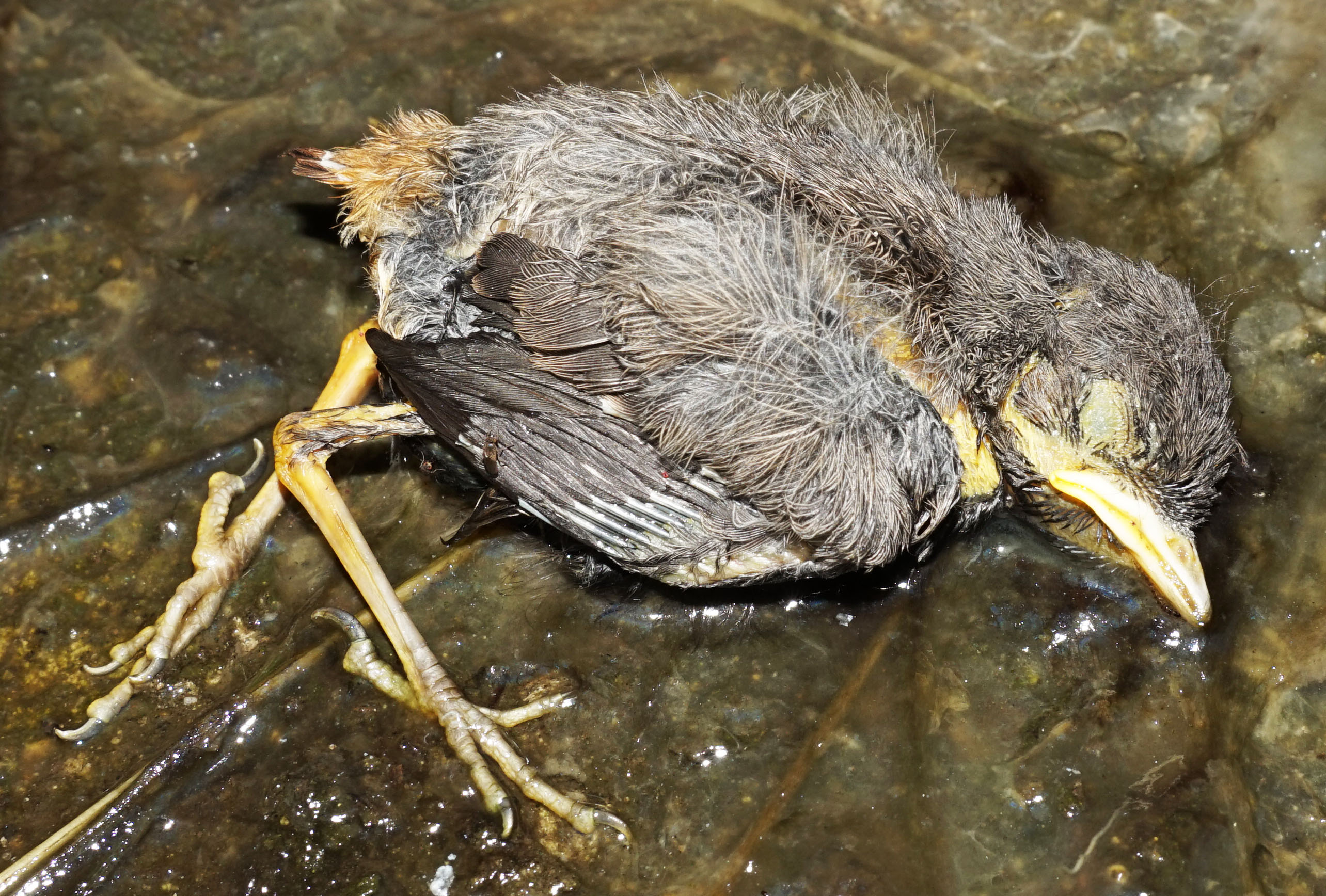
Pet birds bring joy, companionship, and vibrant beauty into our lives. Whether it’s a cheerful canary, an intelligent parrot, or a delightful finch, these feathered friends quickly become cherished members of our families. However, the untimely loss of a beloved pet bird can be devastating and bewildering.
In this blog post, we delve into the topic of sudden death in pet birds, shedding light on common causes and warning signs. By understanding the potential reasons behind sudden bird deaths, we can bring solace to grieving pet owners and prevent future occurrences, ensuring the well-being of our feathered companions.
As bird owners, we develop a deep emotional attachment to our avian friends. Their vibrant personalities, melodious songs, and playful antics become an integral part of our daily lives. When a pet bird passes away unexpectedly, the impact can be profound. The sense of loss is compounded by questions: What caused this? Could it have been prevented? How can we protect our other feathered friends?
Within this context of concern, curiosity, and the desire to provide the best possible care for our avian companions, we explore sudden death in pet birds. By seeking knowledge and information about bird health and care, we empower ourselves to create a safe and nurturing environment for these beloved pets.
It’s important to note that sudden bird deaths can occur despite our best efforts. Even with a well-maintained habitat, proper nutrition, and regular veterinary care, the fragility of avian life means unforeseen circumstances can arise. However, understanding the potential causes and recognizing warning signs allows us to minimize risks and respond promptly to changes in our birds’ health.
This article aims to provide valuable insights and actionable advice to bird owners. We will explore factors contributing to sudden bird deaths, discuss warning signs, and offer practical guidance on preparing for an unexpected loss. By addressing these topics, we support bird owners in providing the best possible care and preventing future instances of sudden death in pet birds.
In the following sections, we examine infectious diseases, environmental factors, nutritional deficiencies, accidents and injuries, and warning signs preceding sudden bird deaths. Additionally, we provide guidance on preparing for an unexpected loss, emphasizing the importance of knowing your bird’s normal behaviors, recognizing signs of illness, providing a safe environment, and maintaining proper nutrition.
Through this exploration, we equip bird owners with the knowledge and tools needed to create a nurturing and secure environment for their avian companions, fostering health, happiness, and longevity. Let’s now delve into the causes and warning signs of sudden death in pet birds.
Common Causes of Sudden Death in Pet Birds
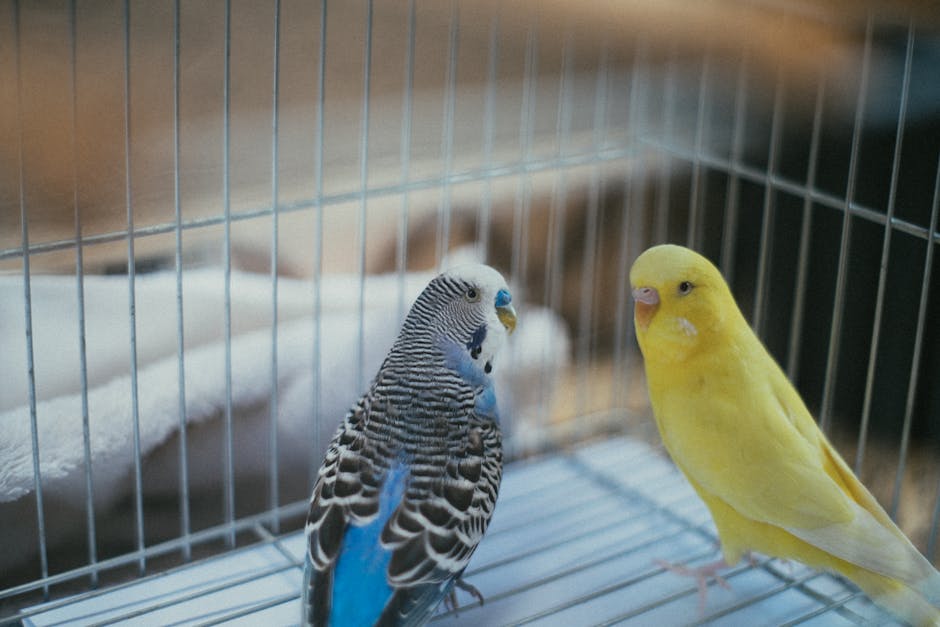
Understanding the common causes of sudden death in pet birds is crucial for bird owners to identify potential risks and take preventive measures. These causes include:
Infectious Diseases

Birds can be susceptible to various infectious diseases, including viral, bacterial, and fungal infections. Some common infectious diseases in birds are:
- Avian Influenza: A viral infection that affects the respiratory and digestive systems, causing severe illness or death.
- Psittacosis (Parrot Fever): Caused by the bacterium Chlamydia psittaci, this disease leads to respiratory problems, lethargy, and sudden death.
- Avian Polyomavirus: A viral infection that primarily affects young birds, causing immunosuppression, organ failure, and sudden death.
- Aspergillosis: A fungal disease that affects the respiratory system and other organs, leading to respiratory distress and sudden death.
Symptoms of infectious diseases may include respiratory distress, lethargy, decreased appetite, diarrhea, feather abnormalities, or sudden death.
Environmental Factors
The environment plays a crucial role in a bird’s health and well-being. Certain conditions can be detrimental and potentially lead to sudden death. Environmental factors that contribute to sudden death in pet birds include:
- Extreme Temperatures: Birds are highly sensitive to temperature extremes, which can cause stress and fatal consequences.
- Poor Air Quality: Birds have delicate respiratory systems, and exposure to poor air quality, chemicals, fumes, or toxic substances can have adverse effects on their respiratory health.
- Inadequate Ventilation: Insufficient airflow and ventilation in the bird’s living space can lead to the accumulation of harmful gases and airborne pathogens, affecting their overall health and potentially leading to sudden death.
- Stressful Living Conditions: Birds thrive in a calm and stress-free environment. Excessive noise, improper lighting, and overcrowded or unsanitary living conditions can contribute to physiological and behavioral issues, increasing the risk of sudden death.
Nutritional Deficiencies
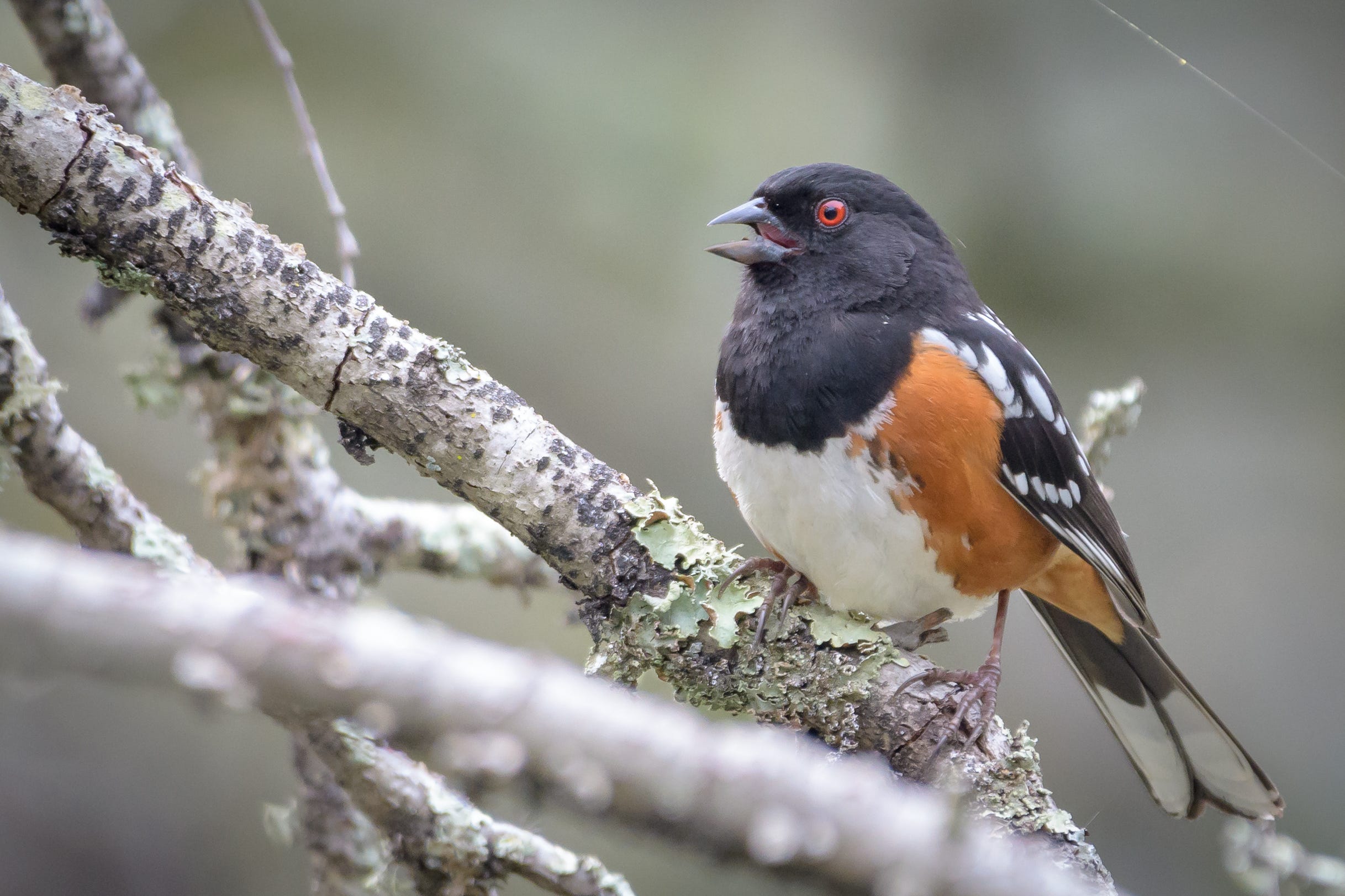
Proper nutrition is vital for the overall health and well-being of pet birds. Nutritional deficiencies can weaken their immune system, impair organ function, and increase the risk of sudden death. Key points to consider regarding nutritional deficiencies include:
- Balanced and Varied Diet: Birds require a diverse diet that includes high-quality seeds, grains, fruits, vegetables, and proteins. A lack of essential nutrients can lead to various health problems.
- Vitamin and Mineral Imbalances: Inadequate intake or imbalances of essential vitamins and minerals can result in weakened immune systems, developmental issues, and organ failure.
- Calcium Deficiency: Calcium is crucial for maintaining healthy bones, eggshell production, and muscle function in birds. Insufficient dietary calcium can lead to fragile bones, egg-binding, and heart problems.
Accidents and Injuries
Accidents and injuries can occur unexpectedly and result in sudden death. Common accidents and injuries in pet birds include:
- Collisions: Birds may collide with windows, walls, or other objects, leading to fatal injuries.
- Predator Attacks: Birds housed outdoors without adequate protection may fall victim to predator attacks.
- Toxic Ingestion: Ingesting toxic substances, such as household chemicals, poisonous plants, or unsafe food, can have severe consequences for their health.
- Trauma: Falls, rough handling, or getting caught in unsafe cage accessories can cause injuries that may lead to sudden death.
By being aware of these common causes, bird owners can take proactive steps to minimize risks and provide a safe and nurturing environment for their feathered companions.
In the next sections, we will explore the warning signs of sudden death in pet birds and discuss how to prepare for an unexpected death.
3. Warning Signs of Sudden Death in Pet Birds
Sudden death in pet birds can be distressing and unexpected. However, there are often warning signs that precede such a tragic event. By recognizing these signs, bird owners can take immediate action to seek veterinary care and potentially prevent sudden death. In this section, we will explore changes in behavior, appetite, vocalizations, and droppings that may indicate a bird’s health is in jeopardy.
a. Changes in Behavior
Birds experiencing health issues may exhibit abrupt shifts in behavior, indicating an underlying problem. Look out for the following warning signs:
- Increased aggression or withdrawal: Unusual aggression or withdrawal may indicate physical discomfort or stress.
- Excessive flapping of wings: Frequent and prolonged wing flapping could suggest respiratory distress or discomfort.
- Lethargy or decreased activity levels: Sudden lack of energy or reduced activity can be indicative of an underlying health issue.
- Difficulty perching or balancing: Trouble perching or maintaining balance may be a sign of physical ailment.
- Frequent falling off perches: Repeatedly falling off perches may indicate impaired coordination or muscular weakness.
- Panting or open-mouth breathing: Rapid or labored breathing, along with open-mouthed breathing, can indicate respiratory problems.
- Restlessness or constant movement: Unexplained restlessness or excessive movement may be a sign of discomfort or distress.
- Unresponsiveness or lack of interaction: Birds that lose interest in social interaction may be unwell and require attention.
b. Changes in Appetite
Monitoring your bird’s appetite is crucial for identifying potential health issues. Watch out for the following signs:
- Loss of appetite or refusal to eat: Sudden disinterest in food may be a symptom of illness.
- Excessive or no drinking: Abnormal drinking patterns, such as excessive water consumption or a lack of drinking, should be cause for concern.
- Difficulty swallowing or regurgitating food: Trouble swallowing or regurgitating food may indicate underlying digestive or respiratory problems.
- Dropping food from the beak: Accidental dropping of food while eating can be a sign of weakness or oral health issues.
- Changes in feeding patterns: Significant deviations from the bird’s typical feeding routine should be noted.
- Weight loss or sudden weight gain: Fluctuations in weight can indicate underlying health problems.
c. Changes in Vocalizations
Birds communicate through vocalizations, and changes in their usual patterns can provide insights into their well-being. Pay attention to the following changes:
- Unusual or excessive vocalizations: Excessive screaming or shrill vocalizations may indicate distress or discomfort.
- Decreased vocalization or loss of voice: Sudden decrease in vocalization or loss of voice could be a sign of an underlying health issue.
- Changes in tone, pitch, or quality of vocalizations: Noticeable changes in vocalizations may indicate an illness or discomfort.
- Uncharacteristic silence or lack of communication: If a typically vocal bird becomes quiet and unresponsive, it may be a cause for concern.
d. Changes in Droppings
Monitoring your bird’s droppings is essential for assessing its health. Look out for the following signs:
- Discoloration of droppings: Unusually dark or pale droppings may indicate liver or digestive problems.
- Changes in consistency: Watery or runny droppings can be a sign of gastrointestinal distress or infection.
- Presence of blood or mucus in droppings: The appearance of blood or mucus in droppings should be taken seriously and promptly addressed by a veterinarian.
- Foul or abnormal odor: Strong or unpleasant odors from droppings may indicate digestive or metabolic issues.
- Decreased or increased frequency of droppings: Significant changes in the frequency of droppings could be an indicator of an underlying health problem.
- Straining or difficulty in passing droppings: Birds that exhibit signs of discomfort or struggle to pass droppings may have digestive or cloacal issues.
By closely observing and recognizing these warning signs, bird owners can take timely action, seek veterinary care, and potentially prevent sudden death, ensuring the well-being of their feathered companions.
[Continue with the next section: “4. Preparing for an Unexpected Death”]
4. Preparing for an Unexpected Death
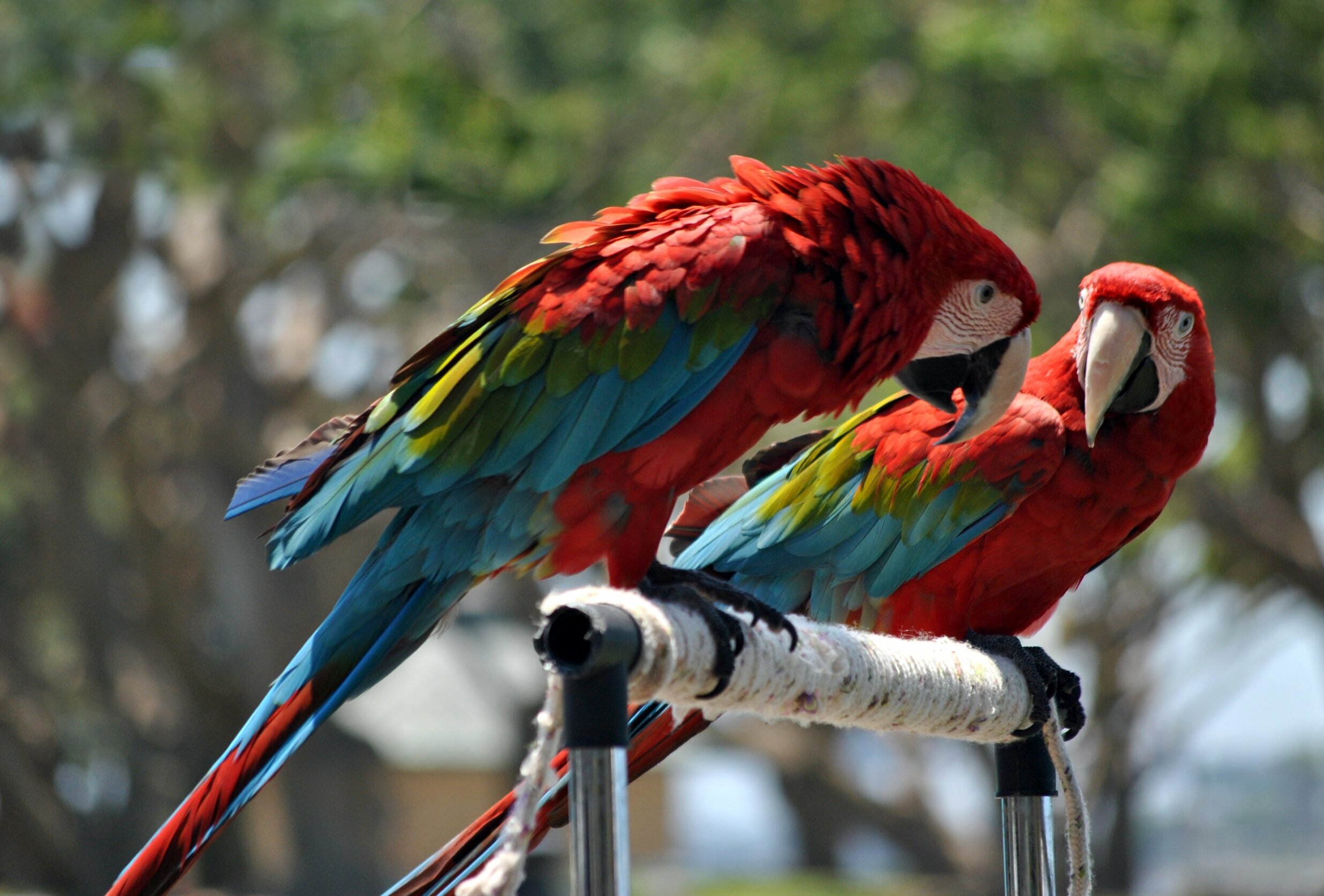
Experiencing the sudden loss of a pet bird can be distressing for any bird owner. While it may not always be preventable, there are proactive steps you can take to prepare for such an eventuality. By familiarizing yourself with your bird’s normal behaviors, understanding the signs of illness, creating a safe environment, and ensuring proper nutrition, you can be better equipped to recognize potential problems and potentially prevent sudden death.
a. Knowing Your Bird’s Normal Behaviors

To effectively monitor your bird’s health, establish a baseline of its normal behaviors. Spend quality time with your bird, observing its eating patterns, vocalizations, activity level, and social interactions. By doing so, you’ll gain valuable insights into what is typical for your bird. Any sudden changes in behavior, such as decreased activity, loss of appetite, or unusual vocalizations, could be indications of underlying health issues. Recognizing abnormalities becomes easier when you are familiar with what is normal for your bird, allowing you to seek appropriate veterinary care if needed.
b. Understanding the Signs of Illness
Being aware of common signs of illness in birds is crucial for prompt detection and intervention. Look out for changes in appetite, weight loss, abnormal droppings, alterations in plumage, difficulty breathing, sneezing, coughing, excessive sleeping, or lethargy. Regularly monitor your bird’s physical condition, examining its eyes, beak, feathers, and body for any signs of abnormalities, lumps, or lesions. Each bird species may exhibit specific symptoms, so consult avian veterinarians or reputable sources to familiarize yourself with the signs of illness specific to your bird’s species.
c. Providing a Safe Environment
Creating a safe and secure living environment for your pet bird is vital for its overall well-being. Take precautions to eliminate potential hazards within its living space. Remove any toxic plants, chemicals, or substances that could harm your bird. Ensure that there are no drafts or extreme temperature fluctuations in the area where your bird’s cage or aviary is located. Regularly clean the cage or aviary to maintain proper hygiene and prevent the buildup of harmful bacteria or parasites that can compromise your bird’s health. Additionally, minimize stressors in your bird’s environment by reducing exposure to loud noises, frequent disruptions, and the presence of predators or other animals.
d. Maintaining Proper Nutrition
Proper nutrition plays a key role in supporting your bird’s overall health and preventing potential illnesses. Offer a well-balanced diet tailored to your bird’s species and nutritional requirements. Consult avian veterinarians or reputable sources to ensure you are providing the appropriate mix of seeds, pellets, fresh fruits, vegetables, and other dietary supplements necessary for your bird’s optimal health. Regularly assess your bird’s weight and body condition to monitor its nutritional status, making adjustments to its diet as needed.
By understanding your bird’s normal behaviors, recognizing signs of illness, providing a safe environment, and maintaining proper nutrition, you can take proactive steps to prepare for an unexpected death. While sudden death cannot always be prevented, your attentiveness and care can significantly contribute to your bird’s well-being and potentially extend its lifespan. Remember to consult with avian veterinarians for professional guidance and support in ensuring the health and longevity of your feathered companion.
Conclusion

[Write the conclusion section here.]
Conclusion: Promoting the Well-being of Pet Birds
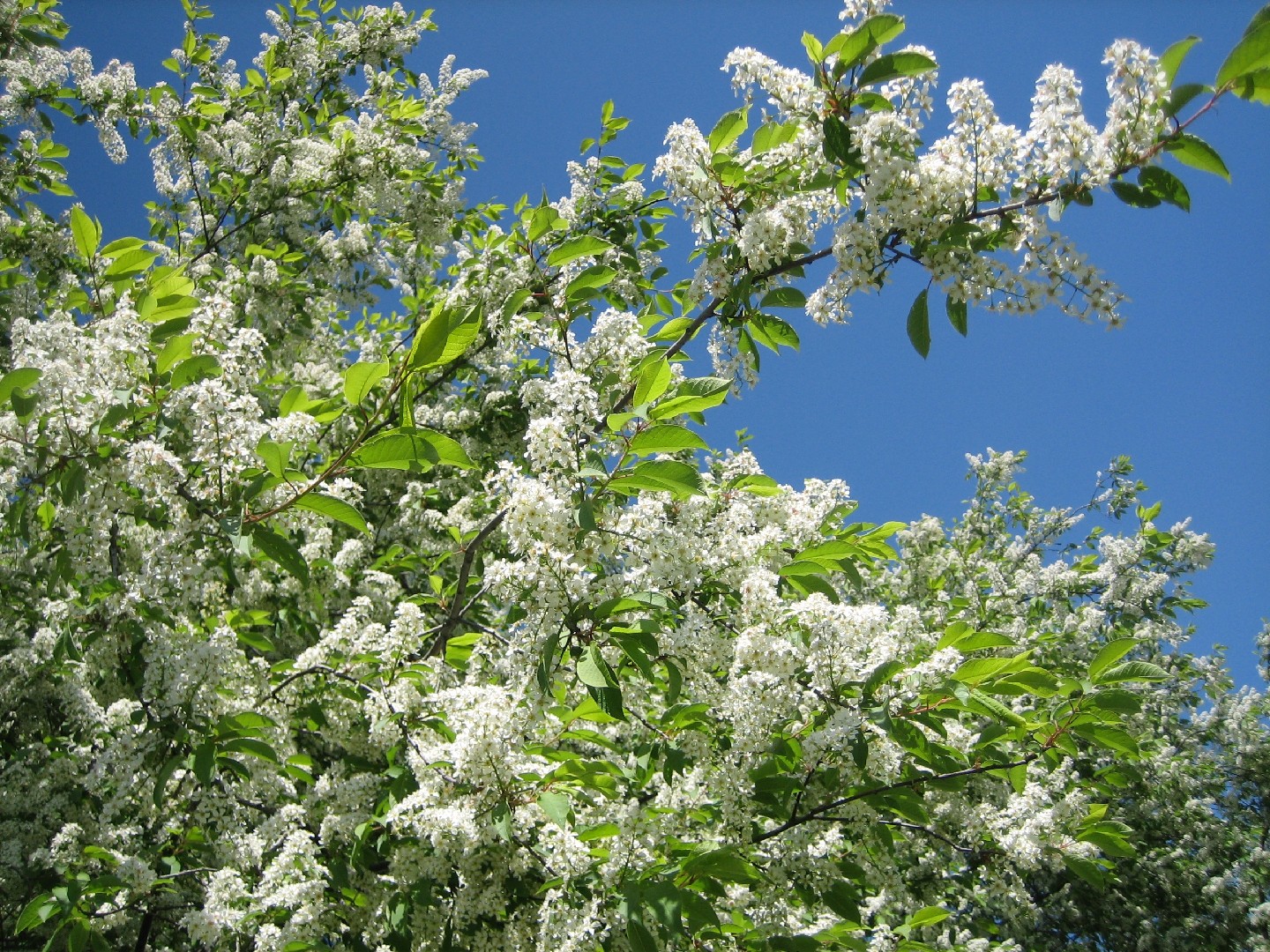
Understanding and actively preventing sudden death in pet birds is crucial for their overall well-being. By familiarizing yourself with potential causes and being attentive to warning signs, you can significantly reduce the risk of unexpected loss. Here are essential steps to safeguard your feathered friend:
Know Your Bird’s Normal Behaviors
Develop a deep understanding of your bird’s typical behaviors and routines. Pay attention to activity levels, vocalizations, feeding patterns, and demeanor. Significant changes may indicate underlying health issues requiring immediate attention.
Recognize Signs of Illness
Educate yourself about common signs of illness in birds, such as lethargy, loss of appetite, abnormal droppings, respiratory distress, and feather abnormalities. Regularly monitor your bird’s health and seek veterinary care for concerning symptoms. Early detection and treatment can make a significant difference.
Provide a Safe Environment
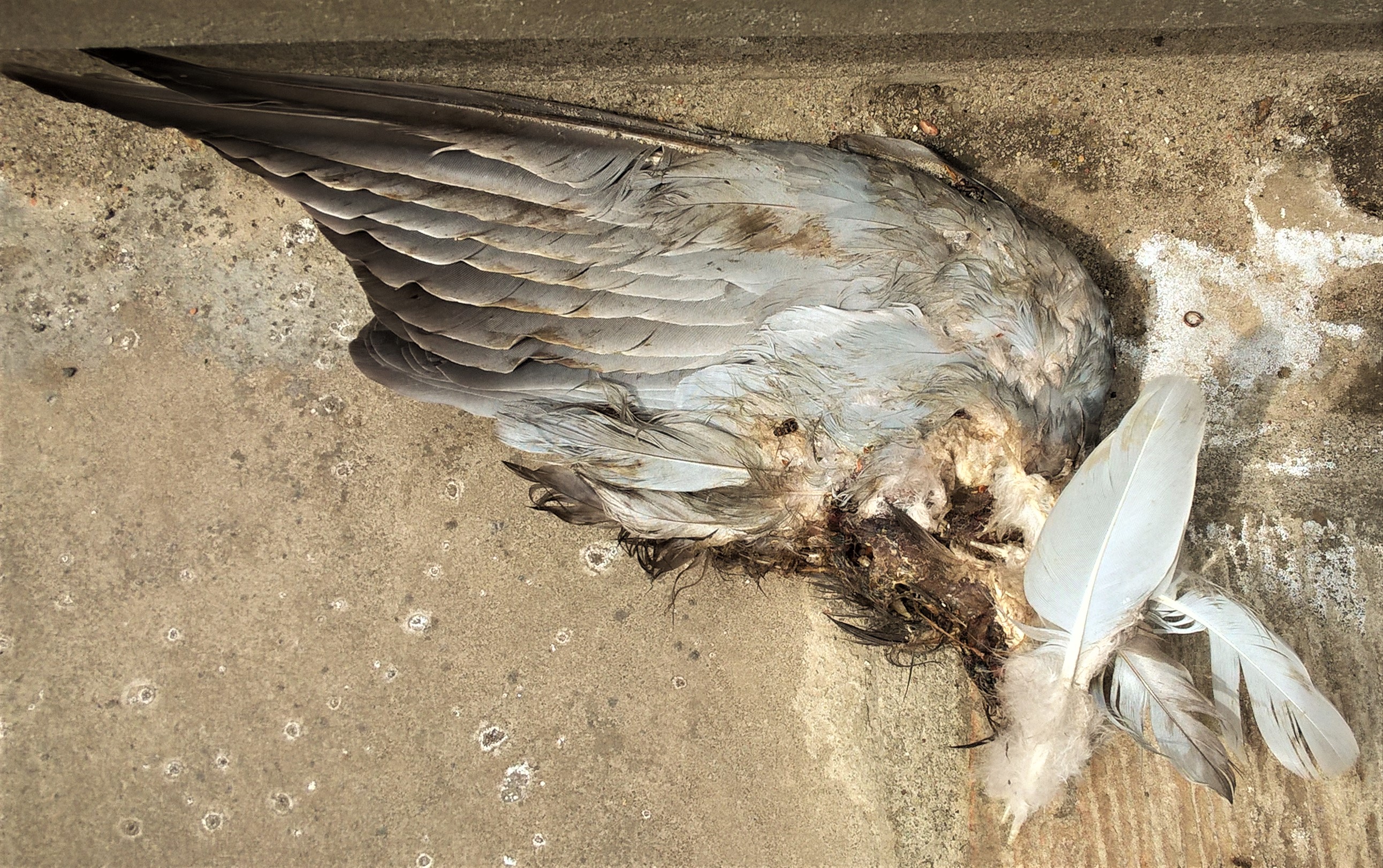
Create a hygienic living space for your pet bird. Keep their cage clean, ensure proper ventilation, and minimize exposure to harmful toxins like fumes from non-stick cookware and household chemicals. Regularly inspect for potential hazards.
Maintain Proper Nutrition
Consult with an avian veterinarian to determine the appropriate diet for your bird’s species. Provide fresh fruits, vegetables, high-quality pellets, and bird-safe seeds. Avoid feeding toxic foods like chocolate, caffeine, avocado, and onions.
Enrich Their Environment
Create an enriched environment with suitable toys, perches of various sizes and textures, and opportunities for exercise and mental stimulation. Rotate toys regularly to prevent monotony.
Seek Professional Help
Schedule regular veterinary check-ups with an avian veterinarian. Ensure necessary vaccinations, parasite prevention, and overall health assessments. Promptly seek professional help for signs of illness or abnormal behavior.
By following these preventive measures, you can significantly reduce the risk of sudden death in your pet bird. Provide a loving and attentive environment that meets their needs. Educate yourself about their requirements, stay vigilant for signs of distress, and prioritize their medical care. With dedication and a proactive approach, you can enjoy a long and fulfilling journey with your beloved feathered companion.
Now, armed with knowledge and tools to promote your pet bird’s health and longevity, create a safe haven where they can thrive. Your efforts will enhance their quality of life and strengthen the bond you share. Cherish each moment with your feathered friend and celebrate the joy they bring.
Frequently Asked Questions
Frequently Asked Questions
Q: Why did my bird die so suddenly?

A: Sudden death in birds can be caused by various factors, including infectious diseases, environmental conditions, nutritional deficiencies, and accidents or injuries. It’s important to consult with an avian veterinarian to determine the specific cause of your bird’s sudden death.
Q: What are the common signs of illness in pet birds?
A: Common signs of illness in pet birds include changes in appetite, weight loss, abnormal droppings, alterations in plumage, difficulty breathing, sneezing, coughing, excessive sleeping, lethargy, and changes in behavior or vocalizations. If you notice any of these signs, it’s recommended to seek veterinary care.
Q: How can I prevent sudden death in my pet bird?
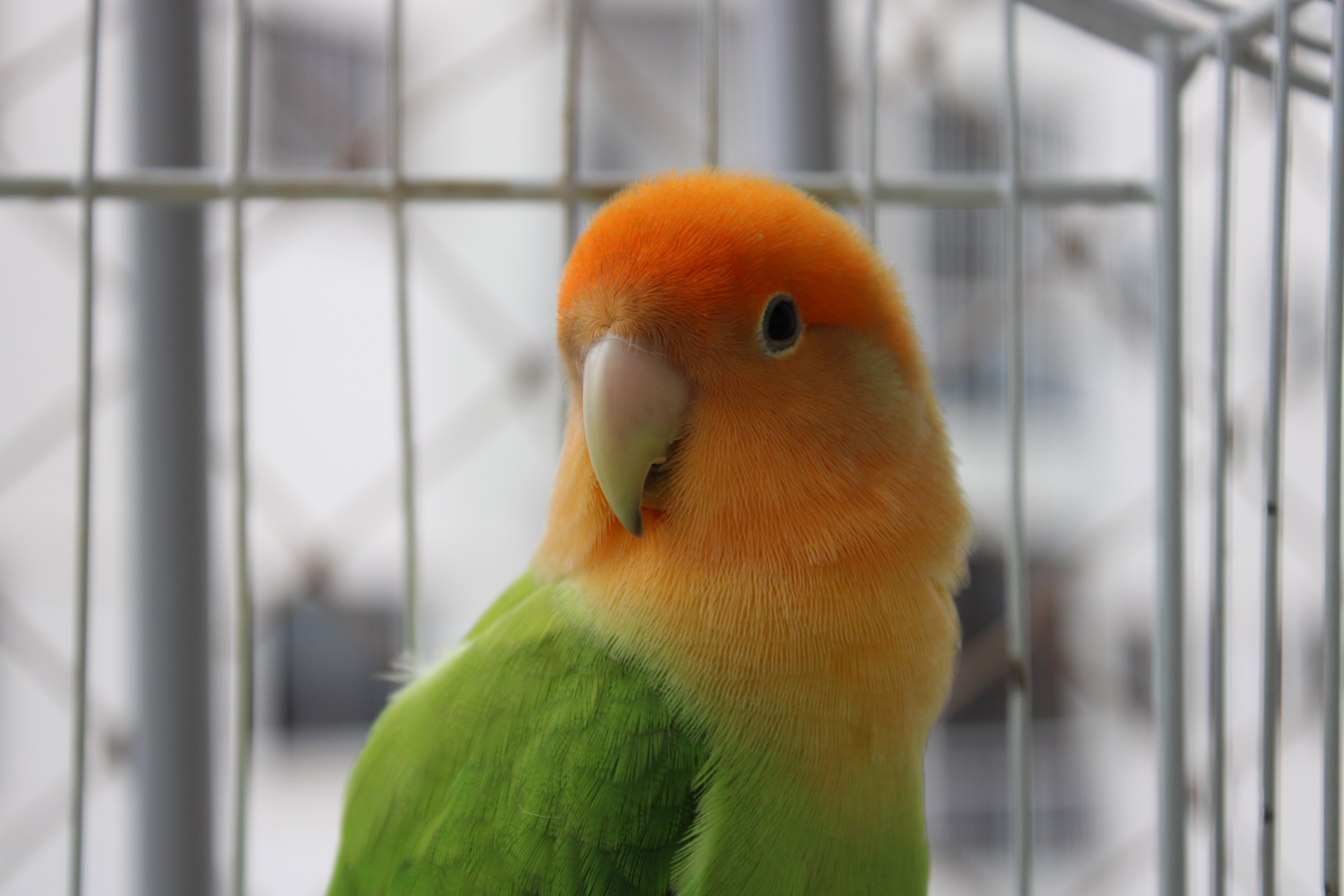
A: While sudden death cannot always be prevented, there are proactive steps you can take. Know your bird’s normal behaviors, recognize signs of illness, provide a safe environment, maintain proper nutrition, and seek regular veterinary care. These measures can help reduce the risk of sudden death and promote your bird’s overall well-being.
Q: What should I do if my bird shows signs of illness?
A: If your bird shows signs of illness, it’s important to seek veterinary care promptly. Avian veterinarians have the expertise to diagnose and treat bird illnesses. Delaying treatment can worsen the condition and increase the risk of sudden death.
Q: How can I create a safe environment for my pet bird?
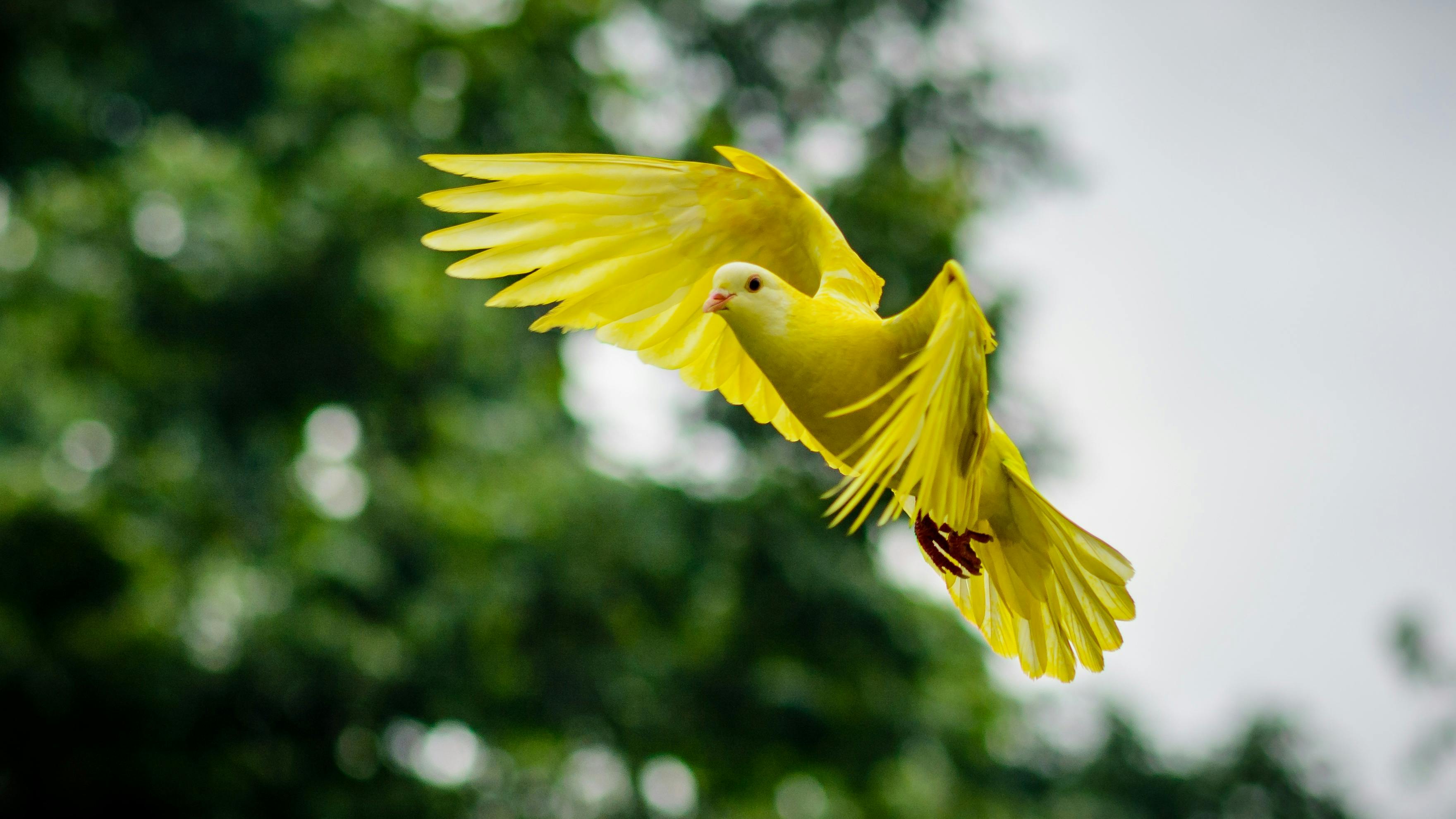
A: To create a safe environment for your pet bird, remove any toxic plants, chemicals, or substances from their living space. Ensure proper ventilation, maintain a clean cage or aviary, and minimize stressors such as loud noises or exposure to predators. Regular veterinary check-ups and consultations can also help identify potential hazards and ensure a safe environment for your bird.

Leave a Reply